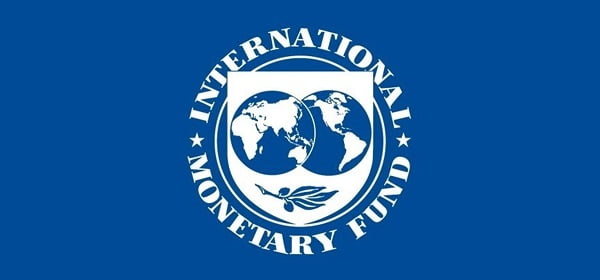International Monetary Fund, has been the fund lifeline of global economies. The aftermath of the Great Depression of the 1930s saw IMF establishment to build a framework for international economic cooperation and to support economies going through fiscal challenges. Its membership amounts to 190 countries.
Africa’s heavy reliance on imports is the the major cause of inflation stemming from higher exchange rates, Russian-Ukraine war and mismanagement of African economies. Food prices keep skyrocketing posing high cost of living whereas consumers/workers income remains the same.
Myriad public outcry and protests have only been met with very minimal or no improvement in economic conditions. For instance the government of Ghana and the workers union on 14th July 2022, after a meeting concurred on paying cost of living allowance (COLA) commencing from July 1, 2022 but this news only tossed the minutest drop of hope to workers amidst deteriorating economic conditions.
Ghana’s Finance minister Hon. Ken Ofori-Atta consistently refused to heed to calls from opposition NDC to reach out to the International Monetary Fund for financial relief. Ken Ofori-Atta’s conviction apparently was premised on the new and controversial E-levy which according to Ofori-Atta’s advocacy, was the best option to raise substantial amounts from domestic tax revenues than to choose International Monetary Fund. This however apparently stands in direct contravention of the government’s campaign promise to reduce taxes prior to election 2020.
Surprisingly, budgeted tax revenue as anticipated by the government did not see the light of day as many Ghanaians found alternative ways of transferring funds to evade E-levy charges and the failure of accomplishing the E-levy objectives of raking in more revenue brought about frustration and desperation on the part of government.
Incessant calls from opposition and policy think tanks for government to reach out to IMF for temporary solutions yielded no results as the Finance minister maintained his position on E-levy being the country’s solution and backed that with public education and town hall meetings of the new tax system.
IMF after a couple of days cautioned and advised member nations going through fiscal challenges to seek for solace thus funding from the IMF to bail out such economies.
“The war in Ukraine has intensified, exerting added pressures on commodity and food prices. Global financial conditions are tightening more than previously anticipated. And continuing pandemic-related disruptions and renewed bottlenecks in global supply chains are weighing on economic activity. As a result, later this month we will project a further downgrade to global growth for both 2022 and 2023 in our World Economic Outlook Update. Moreover, downside risks will remain and could deepen—especially if inflation is more persistent—requiring even stronger policy interventions which could potentially impact growth and exacerbate spillovers particularly to emerging and developing countries. Countries with high debt levels and limited policy space will face additional strains. Look no further than Sri Lanka as a warning sign.” IMF Managing Director Kristalina Georgieva cautioned. This caution preceded a second one urging member nations not to delay in seeking funding from International Monetary Fund.
Ghana after some days succumbed to the pressure and reached out to IMF . Information Ministry on Friday, July 1, 2022 revealed that government has already decided to engage the IMF for support after a cabinet meeting held on June 30, 2022.
“The engagement with the International Monetary Fund will seek to provide a balance of payment support as part of a broader effort to quicken Ghana’s build back in the face of challenges induced by the Covid-19 pandemic and, recently, the Russia-Ukraine crises,” the statement added.
Negotiations have been ongoing after the decision to seek bailout from IMF and hope to keep the country in stable conditions and prop up the country’s fiscal situation.
While some policy think tanks and section of the populace are of the view that International Monetary Fund is not the best solution, the government of Ghana holds the view that the decision is a good one and a temporary solution to get the country back on track. Some Ghanaians argue that International Monetary Fund bailout comes with limitations and obligations to run a country linked with strict instructions to government expenditure which may affect spending on public goods for the benefit of Ghanaians especially with respect to employing of Ghanaians in state-owned enterprises.
This rings back the bell when Nkrumah said the black man is capable of managing his own affairs, the question is, is that what we see today ?


